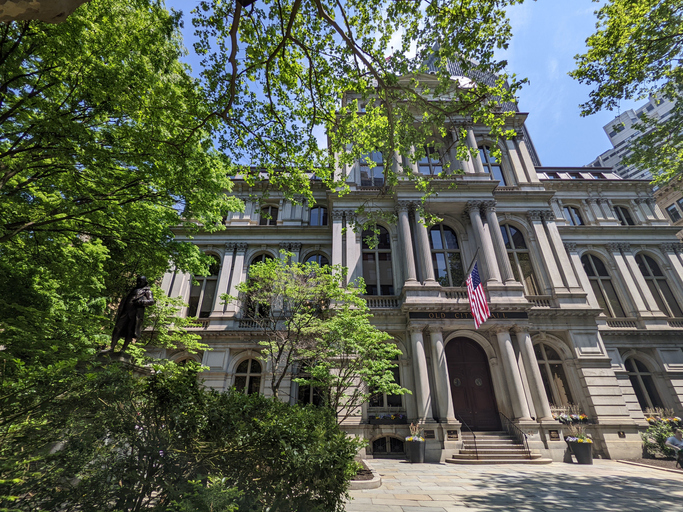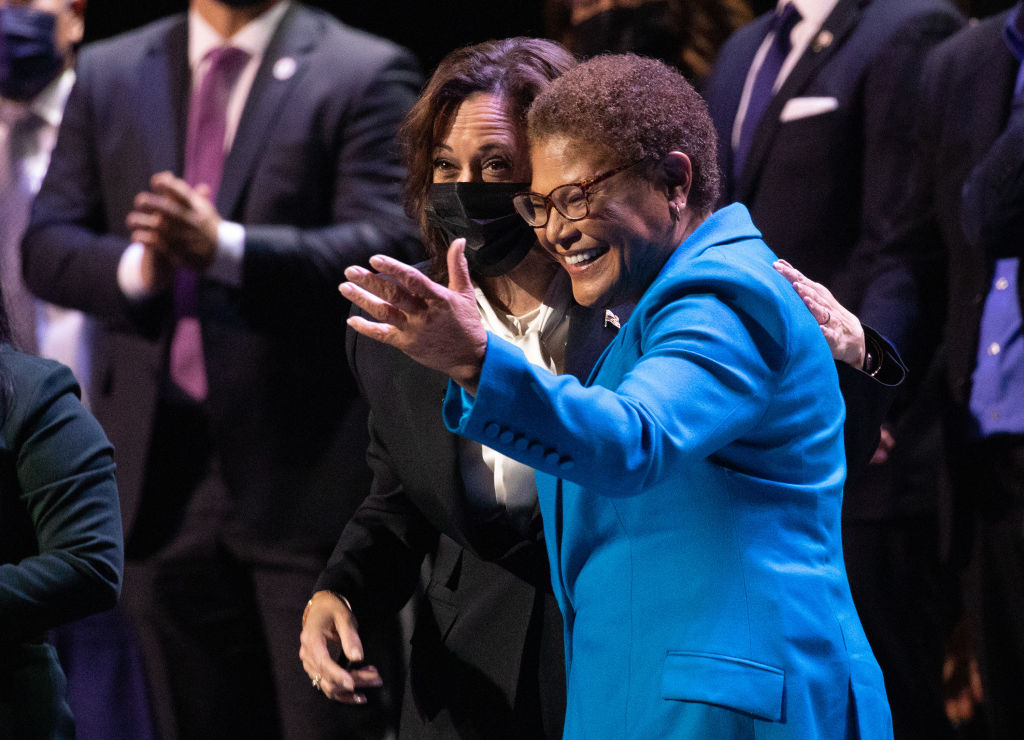
Source: Michael Purpura / Getty
Boston’s City Council unanimously approved the creation of a reparations commission. As reported by WGBH, the city council’s move will establish a five-person task force to consider proposals on reparations.
It could require the task force to make recommendations to the Mayor in a report. The ultimate decision rests with Mayor Michelle WU. Local news reports indicate Wu plans to approve the task force’s creation. WGBH reporter Saraya Wintersmith tweeted out a statement from Wu recognizing the racial discrimination impacting Black people in Boston.
Wu Statement 2
“Our administration remains committed to tackling long standing racial inequities—through increasing access to homeownership, boosting equitable contracting opportunities, improving health outcomes, and investing in public education.”— Saraya Wintersmith (@SWINTERSMITH) December 15, 2022
From WGBH:
Several amendments in Wednesday’s measure highlight a split within Boston’s Black community. On one side sit those who support reparations with a narrowly trained focus on the Black descendants of U.S. slaves, and on the other, there are those who support more broadly defined reparations for Black people, including immigrants and descendants of immigrants.
The provisions for task force membership make a specific suggestion for the mayor to appoint “members who have a connection to and understanding of the descendants of formerly enslaved Black people in the United States.” Read the full article here.
Members of the New Democracy Coalition expressed concerns about who would benefit from reparations paid by the city of Boston. But given the long history of racial discrimination in the city, those who weren’t descendants of enslaved Africans on U.S. soil arguably have a claim to compensation for past harm due to racist practices and discrimination.
As reported by the Associated Press, local activists called on Boston to repudiate its slavey history earlier this year. In a letter, organizers called for the city council and Wu to apologize and acknowledge the history of slavery before moving forward with the task force.
“Only then can we truly and earnestly discuss reparations,” read the coalition letter. “Only then can we find real reconciliation between Whites and Blacks in the city, which is the source of continuing social discord and xenophobia in Boston.”
Upon her election, Wu became the first non-white man and the first woman to serve as Boston’s mayor. Despite its diversity, Boston has a long-standing reputation as a racist in the north.
This is one of many issues that the commission will have to consider before any type of reparations would be provided. The question of who counts for reparations has caused debate at the national level as well.
Across the country, several cities are considering taking action on reparations. St. Louis Mayor Tisharua Jones recently announced a similar consideration by her city.
SEE ALSO:
St. Louis To Consider Reparations For Black Residents
The Tulsa Race Massacre And Making The Case For Reparations
window.addEventListener(‘interaction’, function () {
setTimeout(function () {
var s = document.createElement(‘script’), el = document.getElementsByTagName(‘script’)[ 0 ];
s.async = true;
s.src = ‘https://platform.twitter.com/widgets.js’;
el.parentNode.insertBefore(s, el);
}, 1000)
});
The post Boston Approves Creation of Reparations Task Force appeared first on NewsOne.

